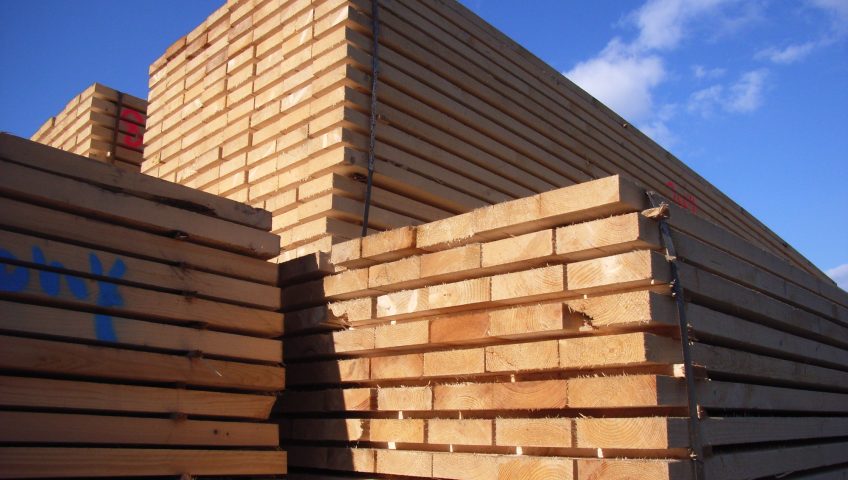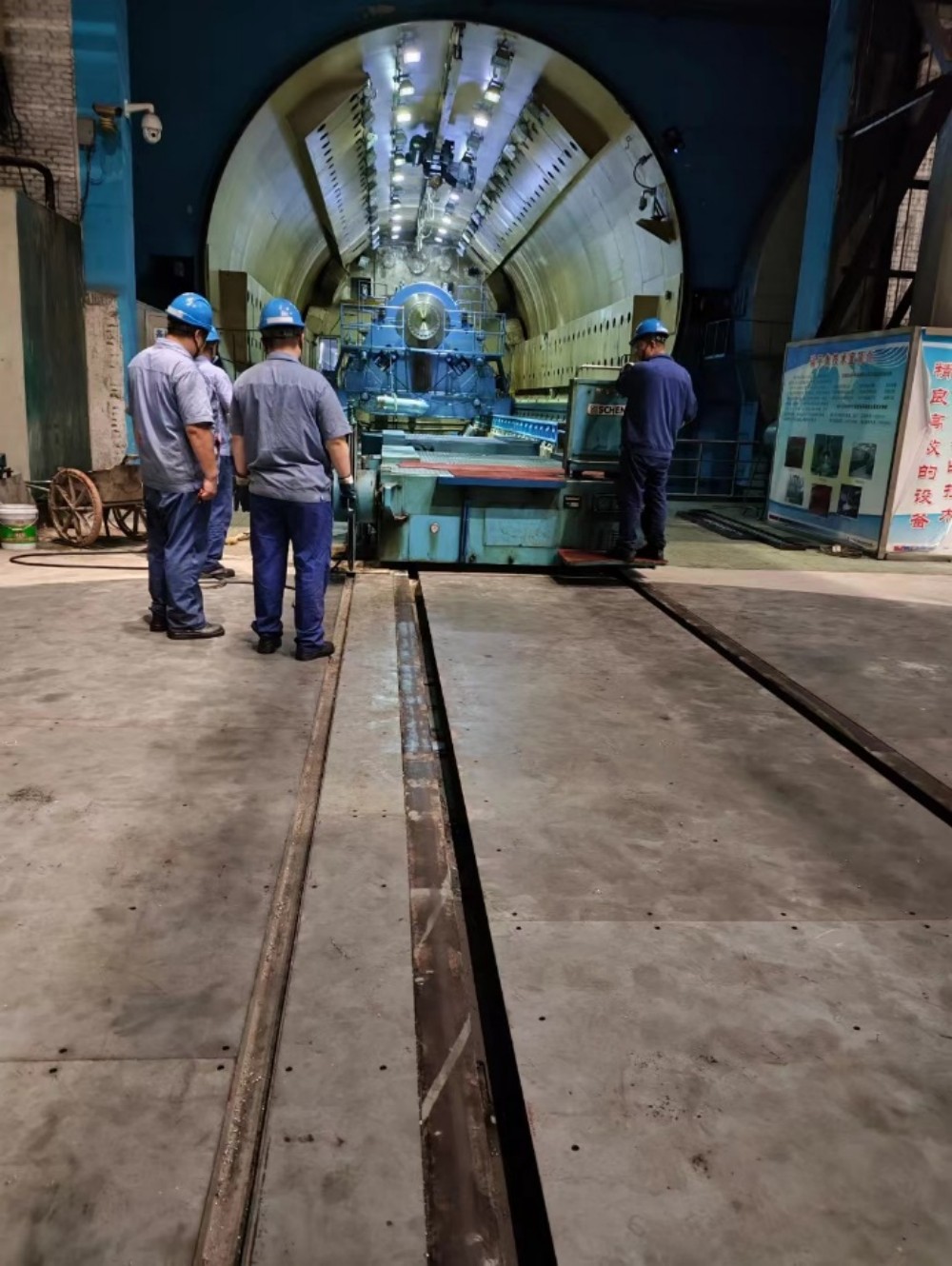In the world of construction, materials play a pivotal role in determining the success and longevity of any project. From towering skyscrapers to humble residential homes, the choice of materials can make or break the structural integrity, functionality, and aesthetic appeal of a building. In this blog post, we will delve into the importance of materials in construction, exploring their key roles and shedding light on the factors that make them indispensable.
- Ensuring Structural Integrity:
One of the primary reasons why materials are crucial in construction is their ability to provide structural integrity. Whether it's concrete, steel, or timber, each material possesses unique properties that contribute to the overall strength and stability of a building. Concrete, for instance, offers exceptional compressive strength, making it ideal for foundations and load-bearing structures. On the other hand, steel provides unparalleled tensile strength, enabling the construction of tall and flexible structures. By carefully selecting and utilizing the right materials, engineers can ensure the safety and durability of a building. - Enhancing Energy Efficiency:
In an era of increasing environmental consciousness, energy efficiency has become a paramount concern in construction. Materials play a vital role in achieving this goal. Insulation materials, such as fiberglass and foam, help regulate temperature and reduce heat transfer, thereby minimizing the need for excessive heating or cooling. Additionally, the use of energy-efficient materials, like low-emissivity glass and solar panels, can significantly reduce a building's carbon footprint. By incorporating these materials into construction projects, builders can create sustainable and eco-friendly structures. - Promoting Design Flexibility:
Materials not only contribute to a building's structural integrity but also offer endless possibilities for design creativity. From traditional brick and wood to modern glass and composite materials, each has its own aesthetic appeal and functional advantages. Architects and designers can leverage these materials to create visually stunning and innovative structures that stand out in the urban landscape. Moreover, advancements in material science have led to the development of lightweight and flexible materials, enabling the construction of unconventional shapes and forms. The versatility of materials empowers architects to push the boundaries of design and create iconic landmarks. - Ensuring Safety and Resilience:
In addition to structural integrity, materials also play a crucial role in ensuring the safety and resilience of buildings. Fire-resistant materials, such as gypsum board and fire-rated glass, can prevent the rapid spread of flames and provide occupants with valuable escape time during emergencies. Similarly, earthquake-resistant materials, like reinforced concrete and steel frames, can withstand seismic forces and minimize structural damage. By incorporating these materials into construction practices, builders can enhance the safety and resilience of buildings, protecting lives and minimizing property loss.
Conclusion:
Materials are the building blocks of construction, shaping the physical, functional, and aesthetic aspects of buildings. From providing structural integrity and enhancing energy efficiency to promoting design flexibility and ensuring safety, materials are indispensable in the construction industry. By understanding the unique properties and capabilities of different materials, architects, engineers, and builders can create exceptional structures that stand the test of time. So, the next time you marvel at a magnificent skyscraper or find solace in the comfort of your home, remember the crucial role that materials play in making it all possible.




More Stories
The Versatility of Fiberglass Woven Cloth in Industrial Applications
Top Benefits of Installing Industrial Fire Doors in High-Risk Environments
Why H20 Beams Are Essential for Large-Scale Construction and Infrastructure Projects